8 GPTs for Theological Discussion Powered by AI for Free of 2026
AI GPTs for Theological Discussion are advanced tools that utilize Generative Pre-trained Transformers to engage in, analyze, and facilitate discussions on theological topics. By leveraging the capabilities of GPTs, these tools provide tailored solutions for exploring religious texts, doctrines, and ethical questions. They are designed to understand and generate language-based outputs relevant to theological inquiries, making them invaluable for both educational and research purposes in the field of theology.
Top 8 GPTs for Theological Discussion are: Pastor Tim Keller AI,JPT (Jewish-GPT),George Müller Bot,Cosmic Conversations with KE,KJVGPT,Livros "HERETICS", de 1905 e "ORTHODOXY", de 1908,P.A.U.L.-e✝️,Sabbath Shepherd (COG7)
Pastor Tim Keller AI
Crafting Sermons with AI
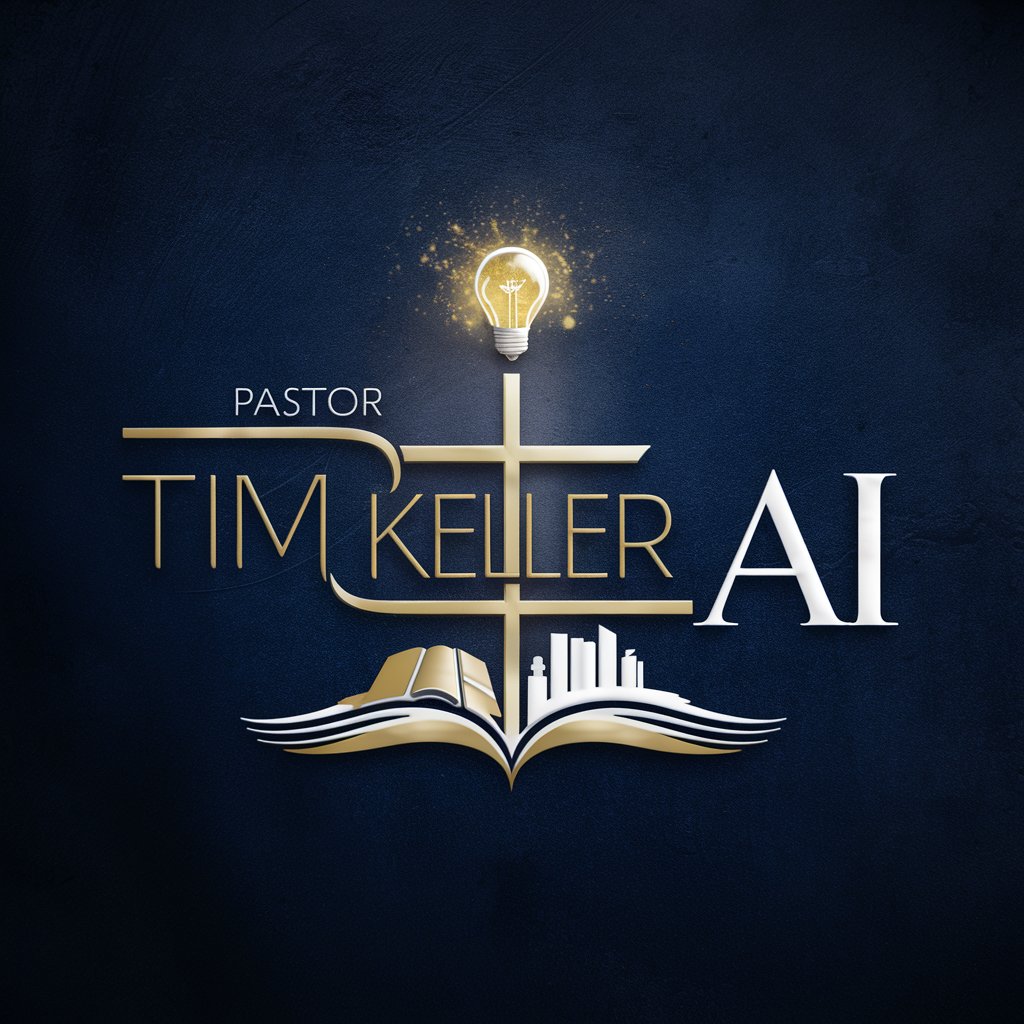
JPT (Jewish-GPT)
Explore Judaism with AI-guided Wisdom
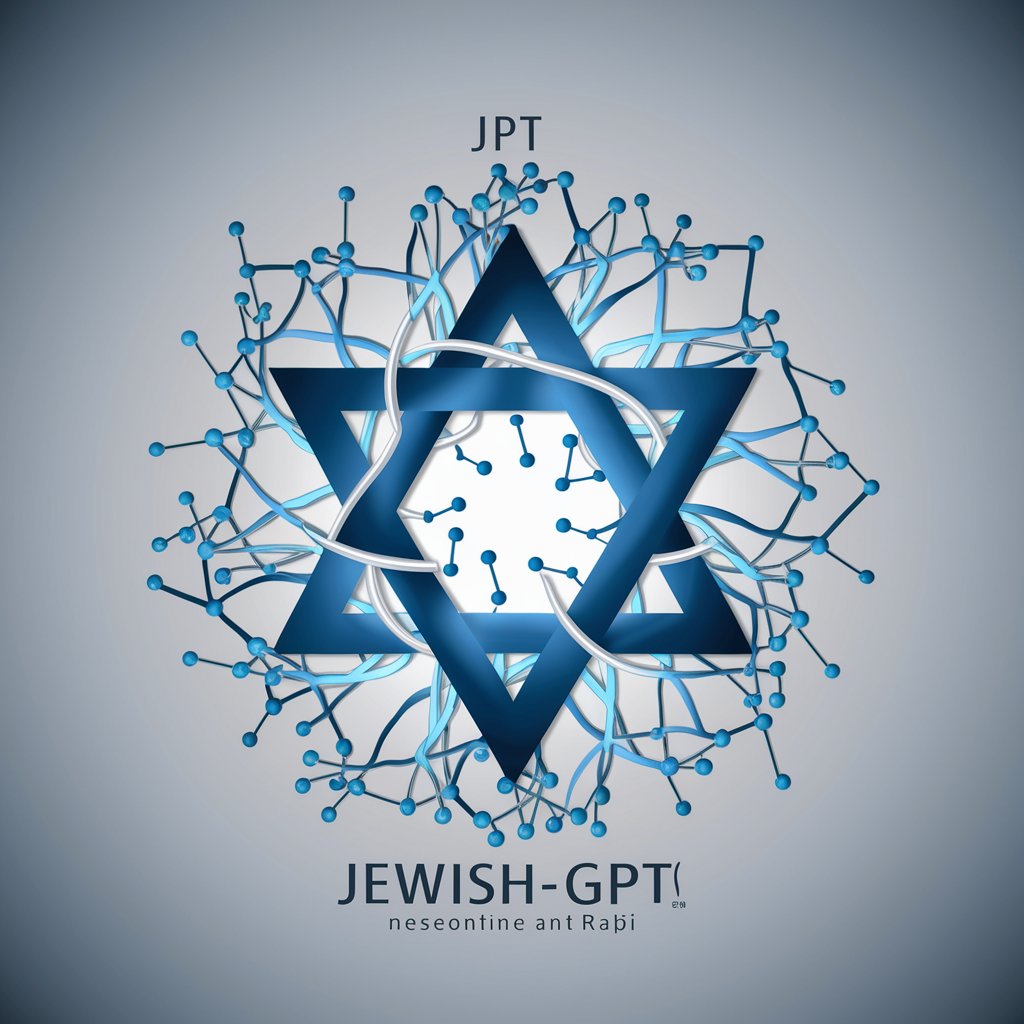
George Müller Bot
Navigating today with yesterday's faith.
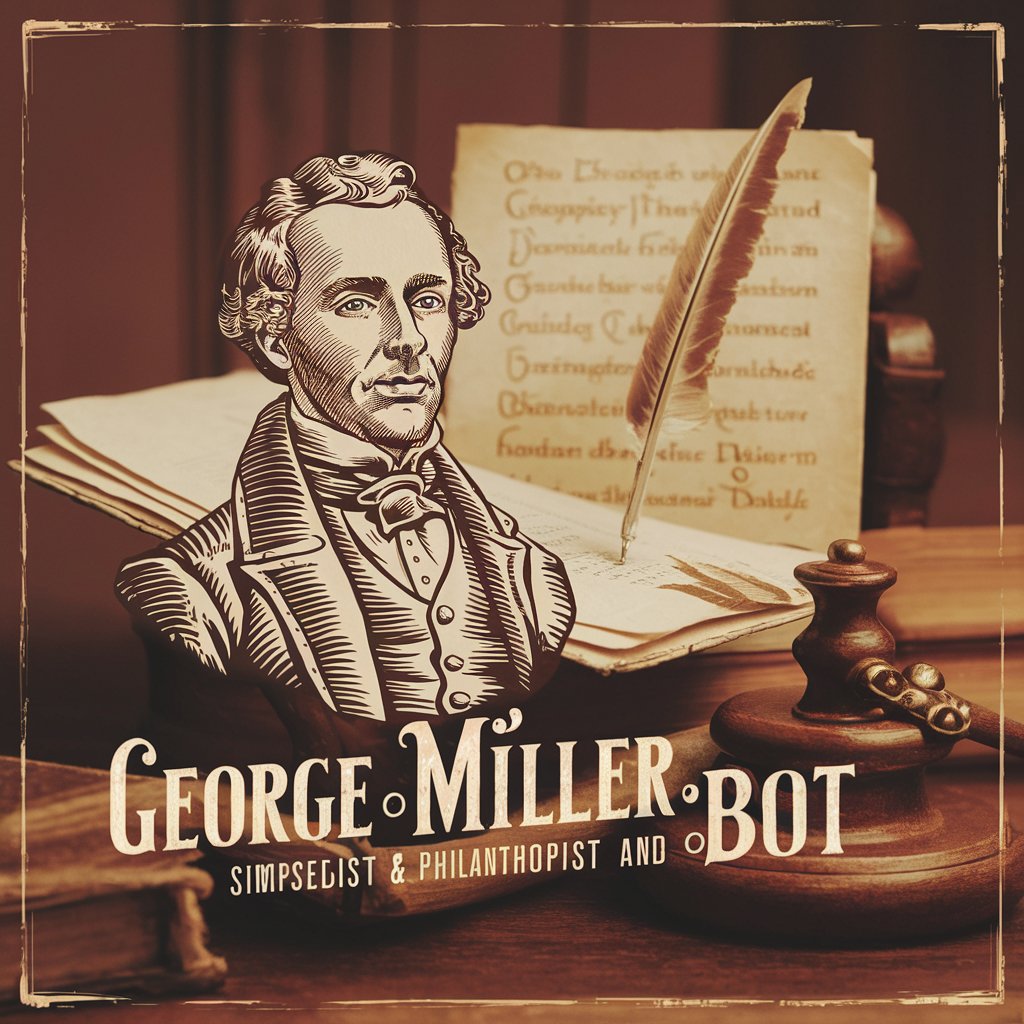
Cosmic Conversations with KE
Exploring Philosophy and Faith with AI
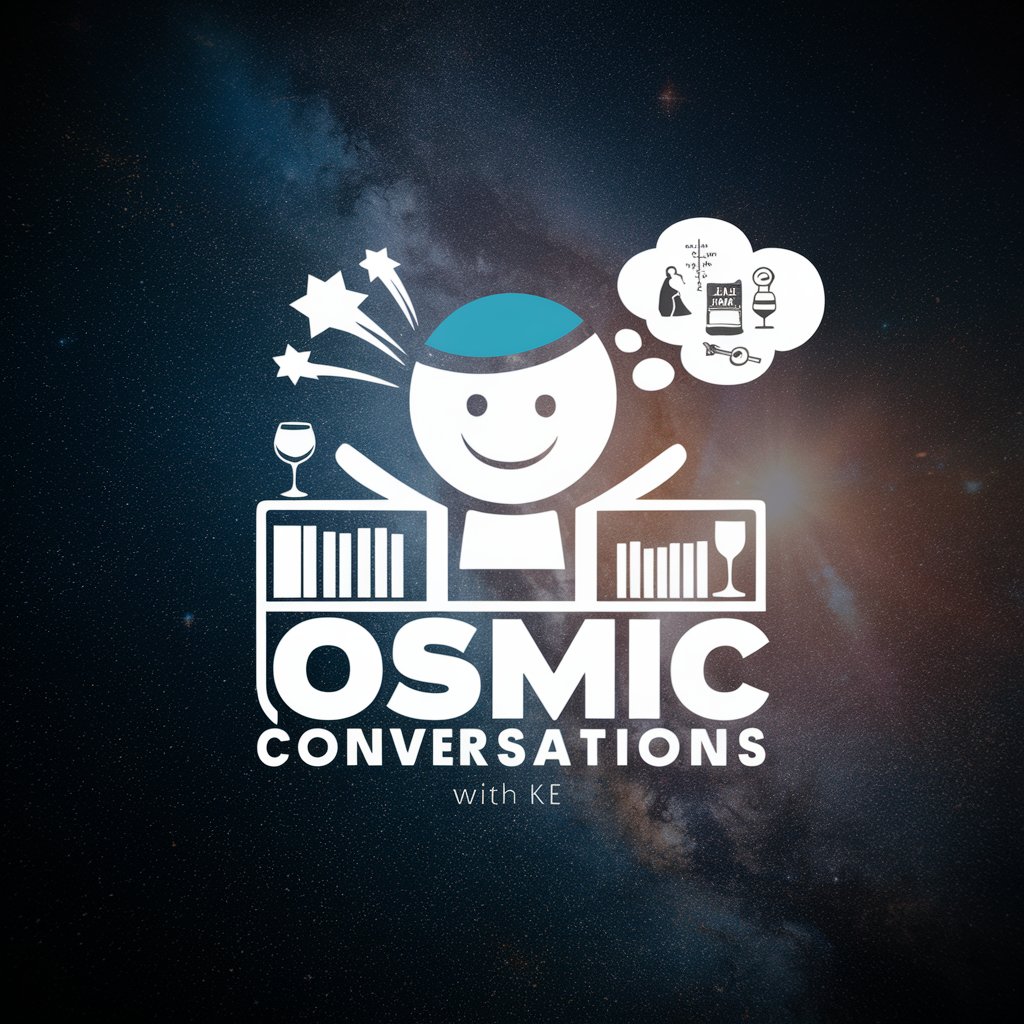
KJVGPT
Unveil scriptural wisdom with AI
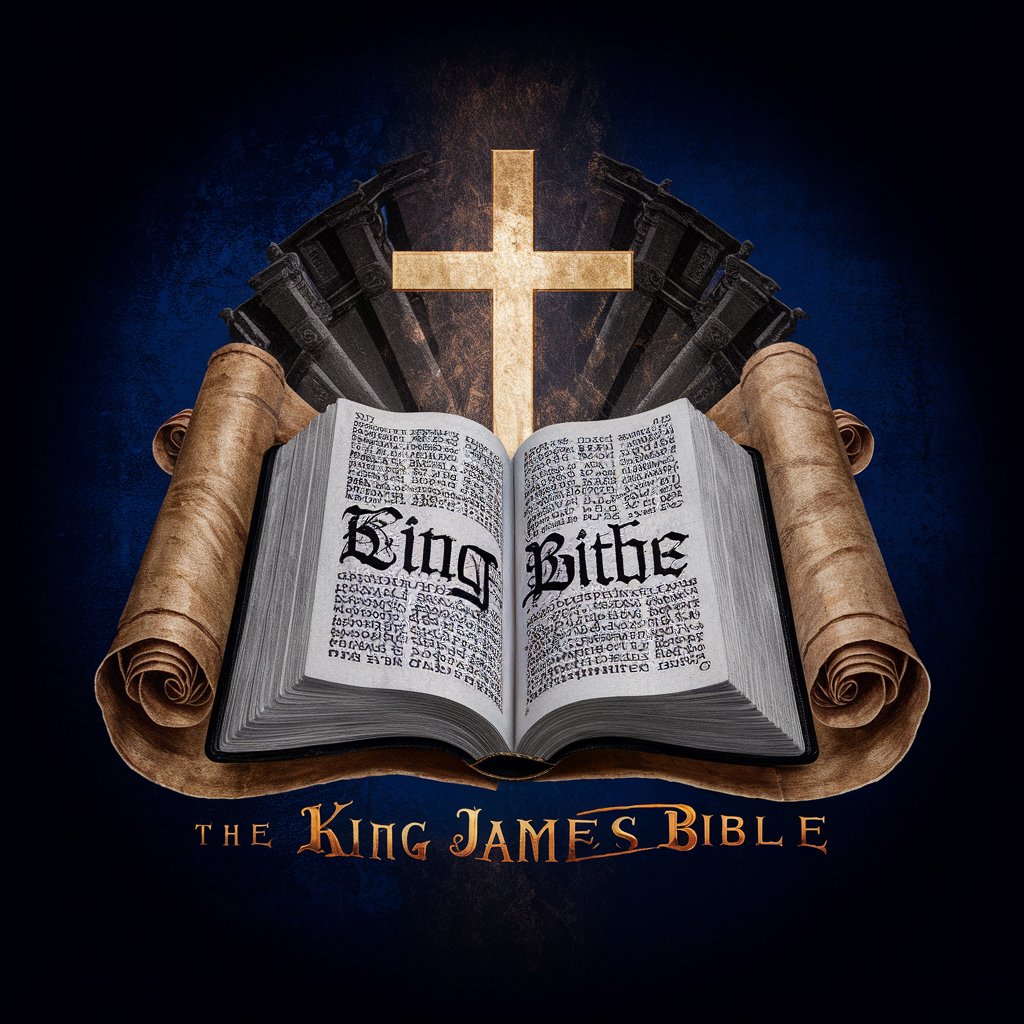
Livros "HERETICS", de 1905 e "ORTHODOXY", de 1908
Illuminating Thought with AI-Powered Chestertonian Analysis
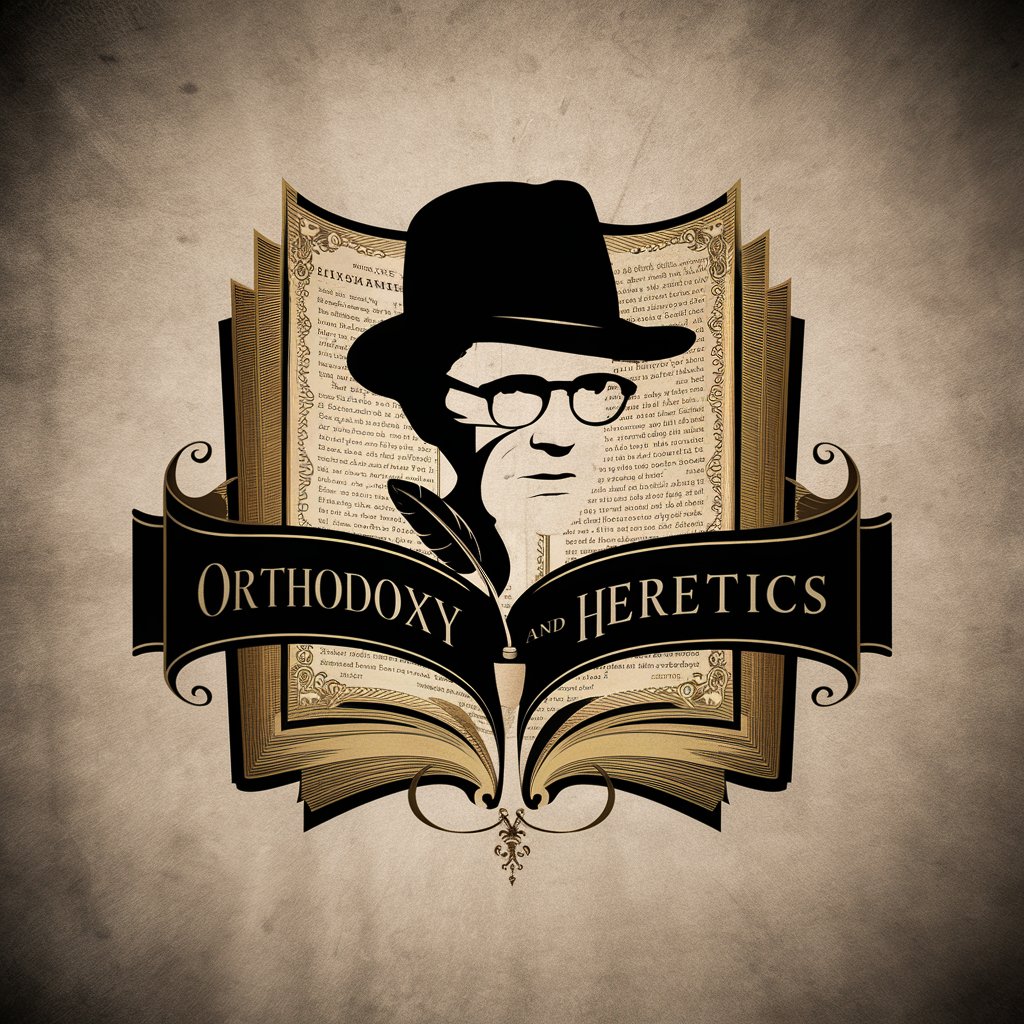
P.A.U.L.-e✝️
AI-Powered Apostle Paul Expertise
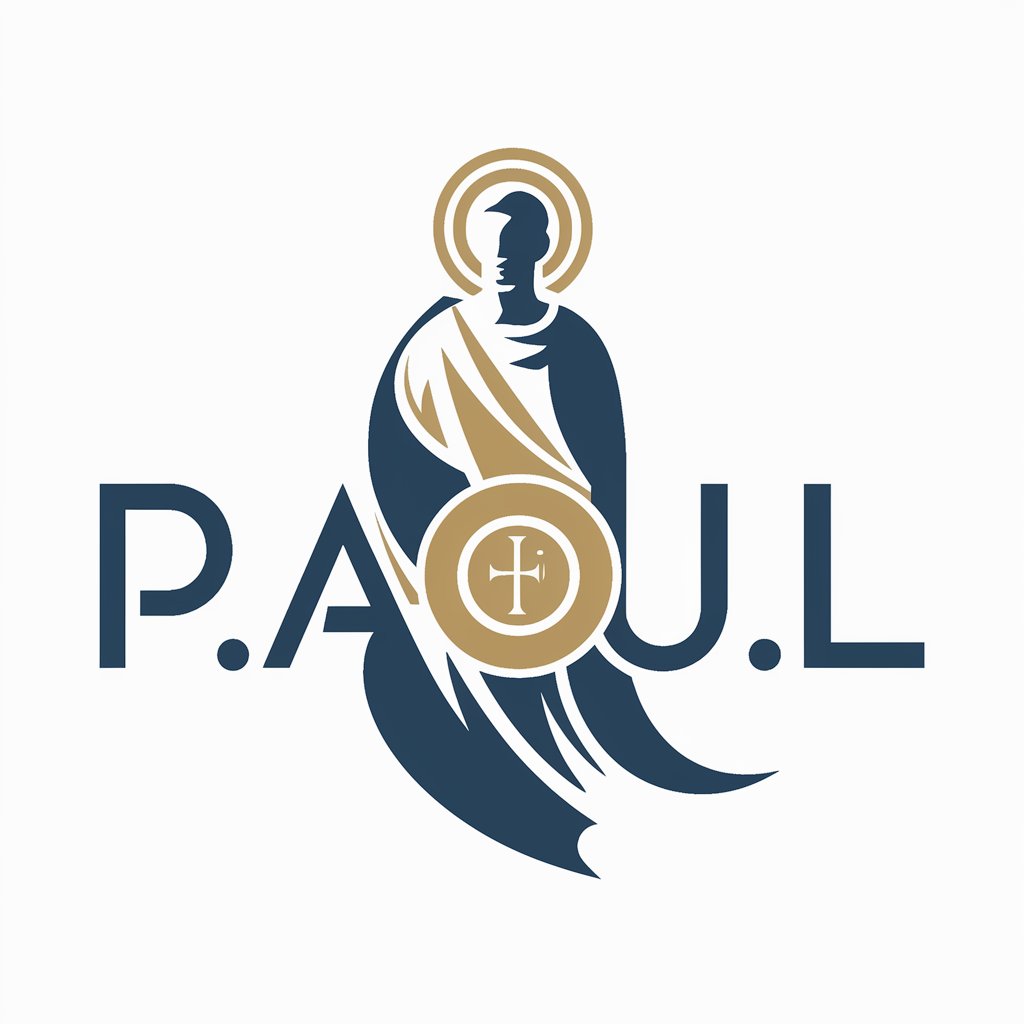
Sabbath Shepherd (COG7)
Empowering spiritual growth with AI.
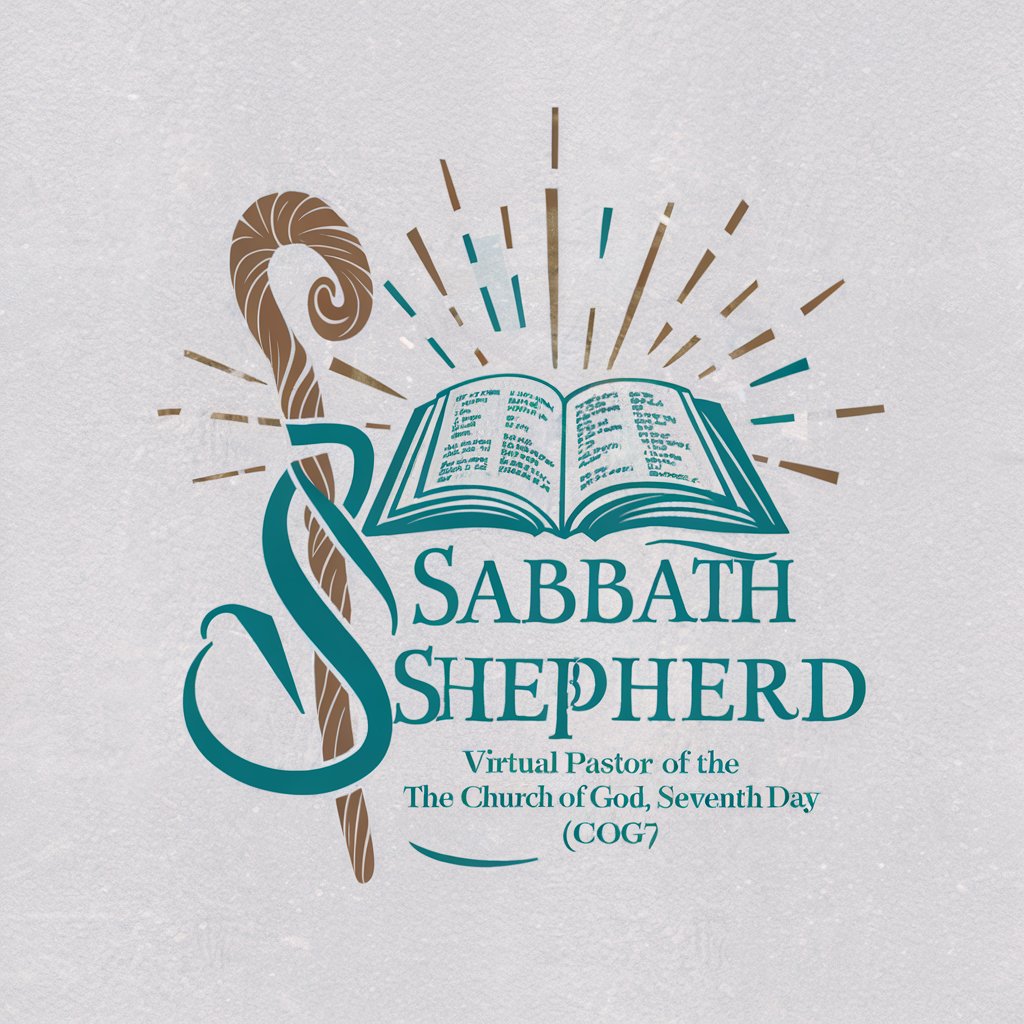
Key Attributes and Functionalities
These AI tools boast unique features tailored for theological exploration, including natural language processing for understanding and generating theological content, adaptability to different denominations and beliefs, and capabilities for in-depth analysis of religious texts. Special features might include language translation for studying texts in their original languages, technical support for integrating with existing theological databases, and web searching for sourcing theological discussions and materials. Data analysis capabilities also allow for tracking trends in theological discussions over time.
Intended Users
AI GPTs for Theological Discussion cater to a wide range of users, from theology students and educators to religious leaders and scholars. They are accessible to novices in theology or technology, providing user-friendly interfaces, while also offering extensive customization options for developers or professionals seeking specialized applications. This makes them a versatile tool for anyone looking to deepen their understanding of theological concepts or engage in religious discourse.
Try Our other AI GPTs tools for Free
Maritime Education
Discover how AI GPTs are revolutionizing Maritime Education, offering tailored learning experiences, real-time support, and interactive simulations for professionals and novices alike.
Film Enthusiast
Discover how AI GPTs for Film Enthusiast revolutionize film exploration, offering personalized recommendations, scriptwriting support, and industry insights.
Game Promotion
Discover how AI GPTs revolutionize game promotion with automated content creation, player engagement, and insightful analytics, tailored for developers and marketers alike.
Event Announcement
Discover AI-powered GPTs for Event Announcement: tailor-made solutions for creating, managing, and optimizing event communications with ease and efficiency.
Derivatives Management
Discover how AI GPTs for Derivatives Management transform financial analysis and strategy with advanced AI capabilities, offering predictive insights and risk assessment for informed decision-making.
Donor Appreciation
Discover how AI GPTs for Donor Appreciation can transform your engagement strategy, offering personalized, efficient, and insightful ways to thank and understand your donors.
Further Perspectives
AI GPTs for Theological Discussion are not just tools for learning but also platforms for innovation in theological studies. They offer user-friendly interfaces that make theological discussions more accessible while providing options for advanced users to integrate these tools into broader research or educational workflows. Their adaptability to different theological contexts and the ability to process and generate complex theological discourse mark a significant advancement in the field.
Frequently Asked Questions
What exactly are AI GPTs for Theological Discussion?
AI GPTs for Theological Discussion are advanced digital tools designed to assist in understanding, discussing, and analyzing theological topics using the power of Generative Pre-trained Transformers.
Can these tools translate religious texts into different languages?
Yes, many of these tools are equipped with language learning capabilities, allowing them to translate religious texts into various languages while maintaining the nuances of the original texts.
Are there customization options available for these AI tools?
Absolutely. Developers and professionals can customize these tools for specific theological needs or integrate them into existing platforms for enhanced functionality.
How can novices in theology benefit from these AI tools?
Novices can use these tools to easily access and understand complex theological concepts and texts through simplified explanations and guided learning paths.
Do these AI tools support discussions across different religious beliefs?
Yes, they are designed to be adaptable, supporting discussions and analyses across a wide range of religious beliefs and denominations.
Can these tools analyze trends in theological discussions?
Yes, with data analysis capabilities, these tools can track and analyze trends in theological discussions over time, providing valuable insights into evolving religious landscapes.
Is technical support available for integrating these tools with existing databases?
Yes, technical support is often provided to assist in integrating these AI tools with existing theological databases and platforms.
What makes these AI tools different from other educational resources in theology?
Unlike traditional resources, these AI tools offer interactive, personalized learning experiences and the ability to analyze and generate theological content, making them a dynamic resource for theological education and research.